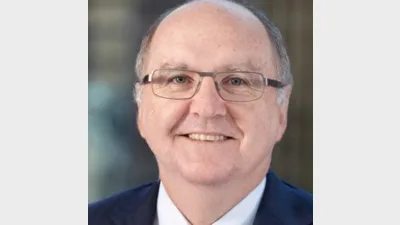ASIC scrutinises industry funds advertising



The recent television advertising launched by industry funds comparing their returns against those of retail funds is being scrutinised by the Australian Securities and Investments Commission (ASIC).
The regulator confirmed to a Parliamentary Committee late last week that the advertising was being reviewed, in a move which appears to be consistent with ASIC’s recent closer monitoring of financial services advertising.
ASIC Commissioner Greg Tanzer confirmed ASIC’s interest in the advertisements during questioning from the chairman of the Parliamentary Joint Committee on Corporations and Financial Services, South Australian Liberal Senator, David Fawcett.
Fawcett had asked whether the regulator was taking action or planning to take action over the advertisements, and expressed concern that they might prove confusing for even those who were well informed.
Fawcett suggested this was the case because the advertisements utilised an average of industry fund performance when it was often the case that individual retail funds had outperformed individual industry funds.
Speaking after the committee hearings, Senator Fawcett said he was concerned to ensure there was greater clarity for consumers around the claims contained within the advertisements and to ensure that people were not misled.
He said he believed it was important that people understood the basis upon which they were making decisions with respect to the relative performance of funds.
Recommended for you
Australia’s largest super funds have deepened private markets exposure, scaled internal investment capability, and balanced liquidity as competition and consolidation intensify.
The ATO has revealed nearly $19 billion in lost and unclaimed super, urging over 7 million Australians to reclaim their savings.
The industry super fund has launched a new digital experience designed to make retirement preparation simpler and more personalised for its members.
A hold in the cash rate during the upcoming November monetary policy meeting appears to now be a certainty off the back of skyrocketing inflation during the September quarter.









